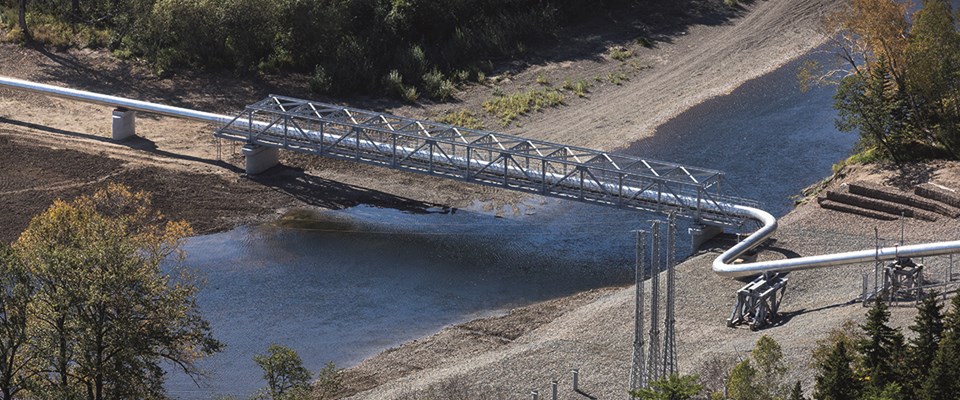Denmark is under pressure to decide whether a new Russian pipeline supplying gas to Germany can be constructed near its Baltic coast. Copenhagen does not want to make a judgment on its own in this highly political decision that will ultimately put Denmark in the line of fire from all sides. The decision is also one of the biggest foreign policy quandaries that the small nation has faced since the end of the Cold War.
Denmark’s search for the EU’s guidance is being deadlocked by the internal divisions among EU member states over Russia. EU members are generally unsure as to whether to do more business with Russia despite its military activities in Syria and Crimea and accusations over the poisoning of a former Russian military officer in Salisbury, England, in early March. The Danish government is also dealing with strong lobbying by Russia, EU allies and the United States over the 9.5 billion euro Nord Stream 2 pipeline promoted by President Vladimir Putin and financed by five Western energy companies.
“They are under huge pressure from all sides,” one senior EU official commented. There is no deadline for a decision, which had already been expected but has been delayed while Copenhagen considers all possible security implications. Yet, the decision cannot be put off indefinitely. A Danish veto, which was made possible under the new law that would allow to reject the pipeline on security grounds, would force Russia, which supplies about one third of Europe’s gas, to find a new route for the pipeline. “This is not about gas, it is one of the most important foreign policy decisions in Denmark since the Cold War,” said Hans Mouritzen of the Danish Institute for International Studies.




